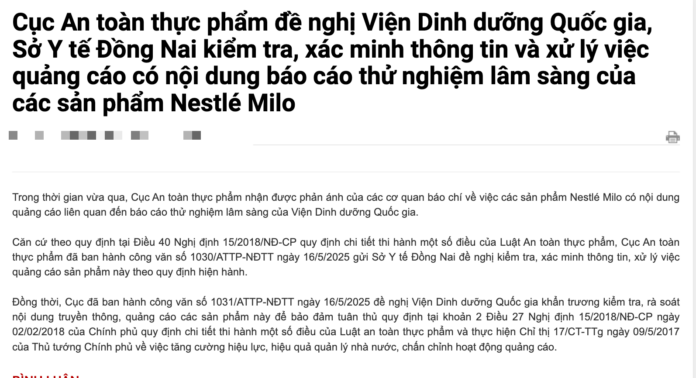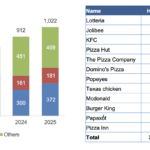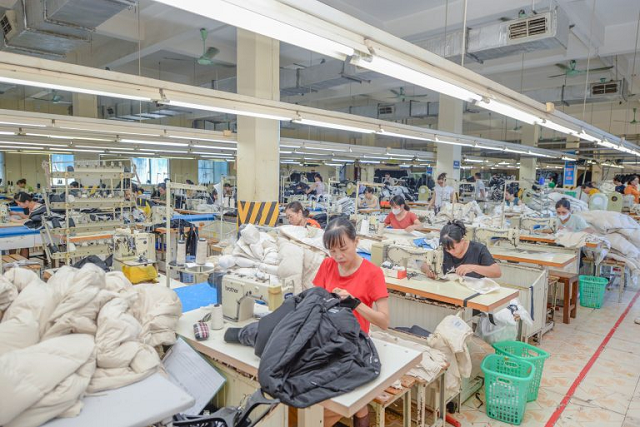The Food Safety Authority of Vietnam (under the Ministry of Health) on May 19, 2025, announced that it had received reports from the media regarding Nestlé Milo products’ advertising content related to clinical trial reports by the National Institute of Nutrition.
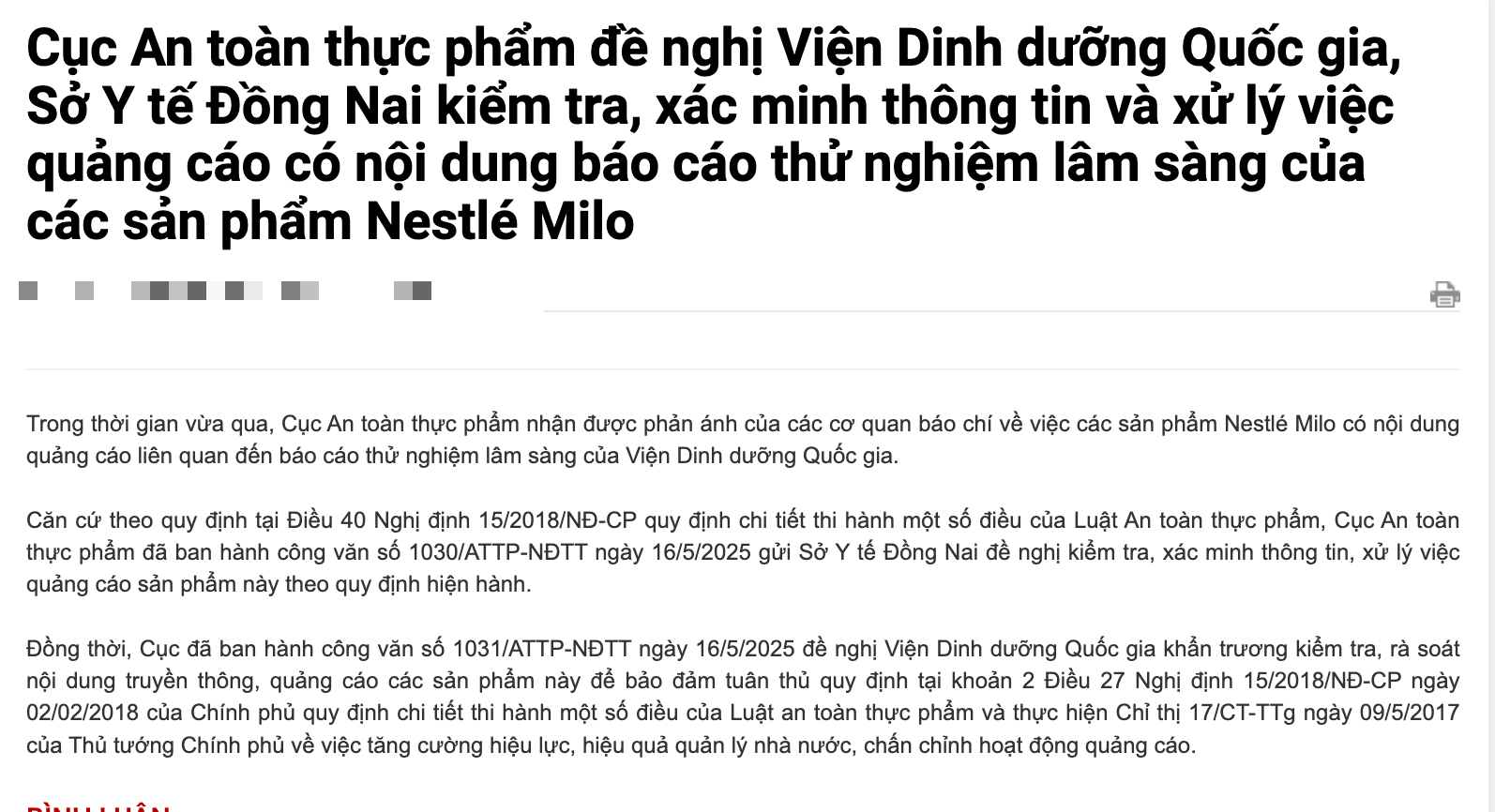
Food Safety Authority requests clarification on Nestlé Milo product advertising. Screenshot
Based on the provisions of Article 40 of Decree No. 15-2018/ND-CP detailing the implementation of several articles of the Law on Food Safety, the Food Safety Authority recently sent a document to the Health Department of Dong Nai province, requesting an inspection and verification of information and handling of advertising of this product in accordance with current regulations.
On the same day, the Food Safety Authority requested the National Institute of Nutrition to urgently inspect and review the communication and advertising content of these products to ensure compliance with the provisions of Decree No. 15-2018 of the Government and the implementation of Directive No. 17-2017 of the Prime Minister on strengthening the effectiveness of state management and rectifying advertising activities.
Recently, many consumers have reflected on the packaging of Nestlé Vietnam’s ready-to-drink MILO milk, which states: “Now scientifically proven to be more enduring. Clinically tested by the National Institute of Nutrition.”
Following the backlash on social media, Nestlé Vietnam issued a press release affirming that Nestlé’s use of scientific research results conducted by the National Institute of Nutrition in 2022-2023 for communication is accurate, objective, and compliant with relevant regulations.
In 2022-2023, Nestlé Vietnam cooperated with the National Institute of Nutrition to implement a scientific research topic to study the effectiveness of physical education combined with the use of Nestlé MILO products on the nutritional status, strength, physical and mental health of children in Vietnam. One of the research conclusions states that the use of Nestlé MILO products combined with physical activities following the physical education curriculum contributes to improving all elements of physical fitness in elementary school students after three months of research, including speed, strength, endurance, flexibility, and coordination.
In January 2024, Nestlé Vietnam collaborated with the National Institute of Nutrition to organize a scientific workshop to discuss and share the research results with the workshop participants. Before communicating the results and benefits of Nestlé MILO products on packaging and through advertising to consumers, Nestlé MILO reviewed all relevant legal regulations.
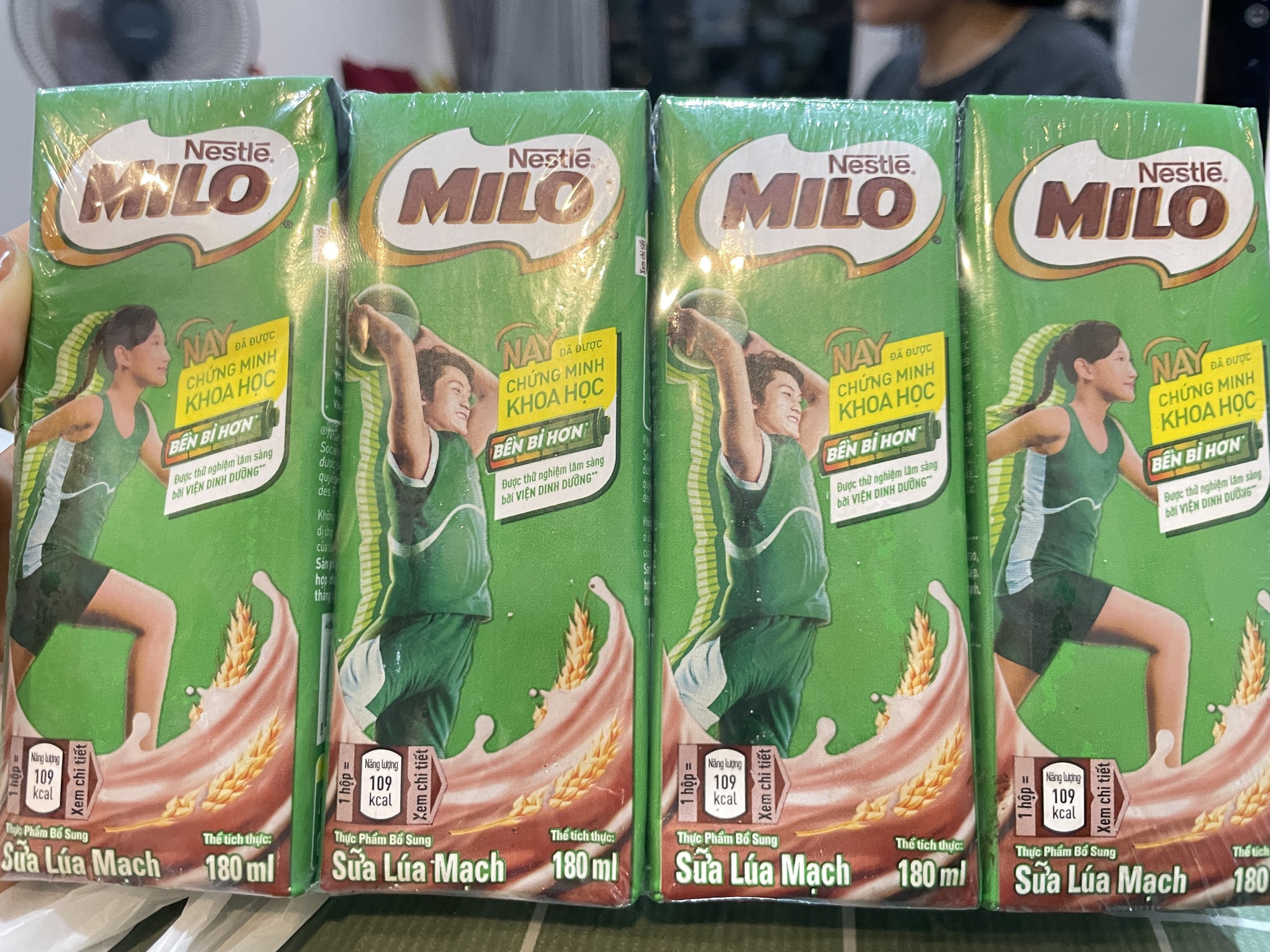
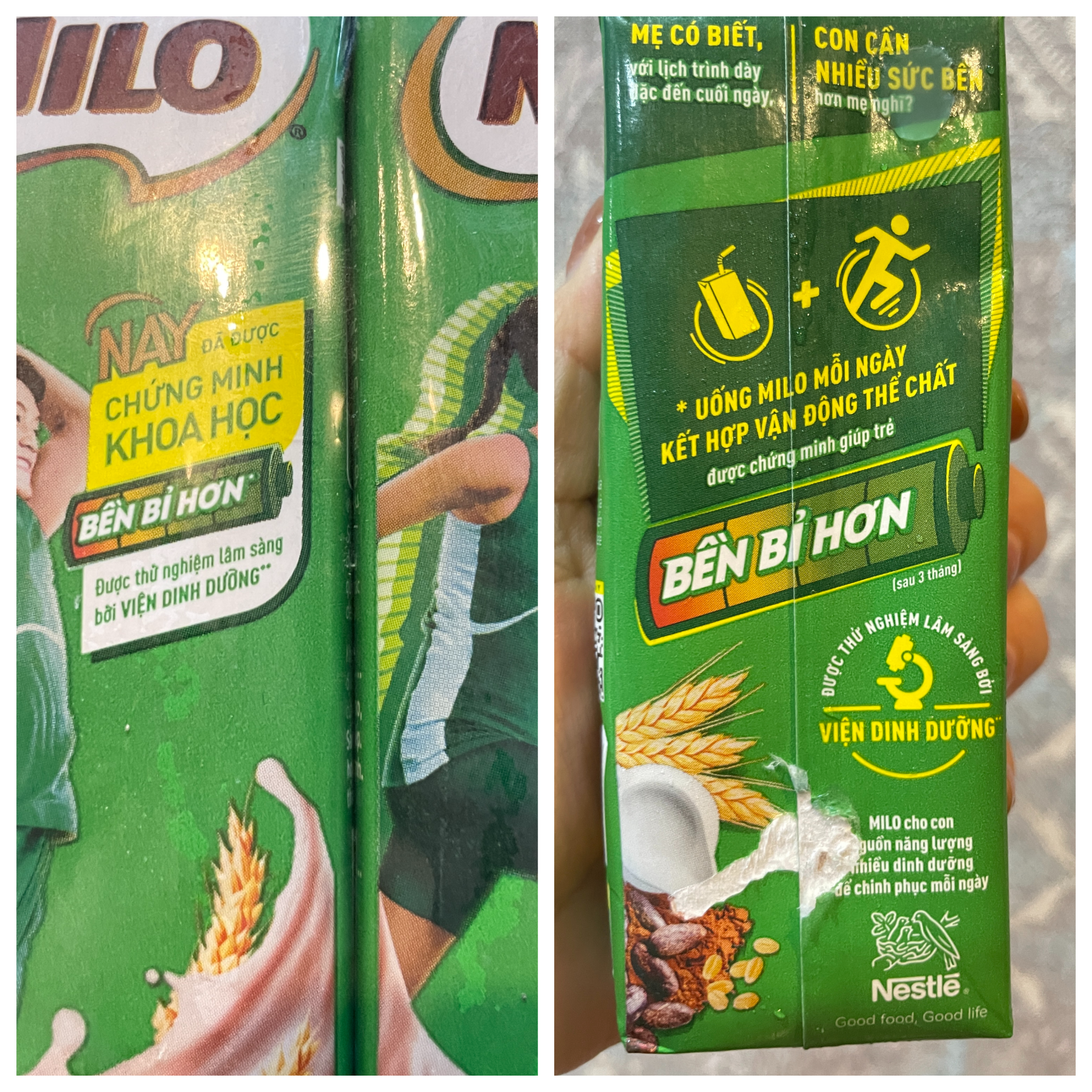
Nestlé Milo Malted Milk Supplement with the name of the National Institute of Nutrition
According to the National Institute of Nutrition, the institute collaborated with Nestlé Vietnam to implement a scientific research topic, “The Effectiveness of Physical Education Combined with the Use of Nestlé MILO Malted Milk Supplement on the Nutritional Status, Physical and Mental Health of Students at Some Elementary Schools in Ninh Binh Province.”
Specifically, the research topic was conducted from June 2022 to March 2023 as a community-based randomized controlled trial involving 576 elementary school students in Ninh Binh (300 in the intervention group and 276 in the control group) in some elementary schools in Hoa Lu district, Ninh Binh province.
The research results did not record an improvement in the nutritional status and mental health of students after three months. Still, it “contributed to improving all elements of physical fitness, such as speed, strength, endurance, flexibility, and dexterity” of elementary school students after three months.
The National Institute of Nutrition also stated that it had requested Nestlé Vietnam to inspect the content of communication and advertising of food products. If there is any information related to the National Institute of Nutrition that violates the above regulations, it is requested to be removed immediately.
Recently, authorities have warned about violations in advertising functional foods, such as exaggerating effects, advertising that misleads consumers into believing they are drugs, and advertising content that differs from registered content.
In addition, the appearance of people “wearing white coats” in functional food advertisements has also raised concerns among the public. Many products are exaggerated in their effects and labeled as “doctor-recommended,” causing consumers to mistake them for drugs.
The Ultimate Guide to the Fast Food Boom in Vietnam: Unveiling the Top Players in the Game
The fast-food market in Vietnam is experiencing a significant surge in 2025, with an impressive 110 new store openings. This thriving industry is witnessing a rapid expansion, indicating a strong appetite for quick, convenient, and delicious dining options among Vietnamese consumers. With each new store, the market accelerates, catering to the diverse tastes and preferences of its customers.

